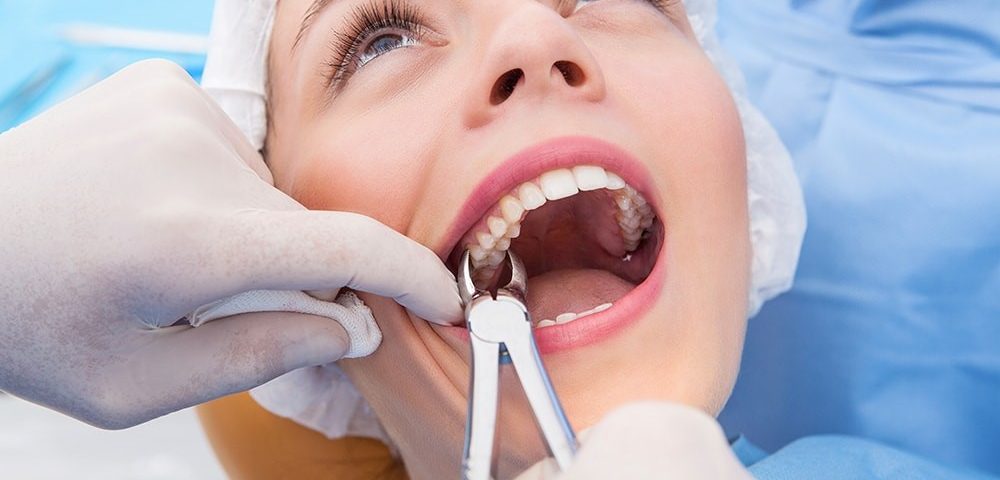A common dental concern that often arises due to neglect or inadequate dental care is the buildup of calculus in the teeth. This hinders good oral hygiene and causes more complex problems. If you are experiencing calculus buildup, get in touch with a dentist in Greenbelt, MD.
Calculus, also known as tartar, is a hardened and calcified deposit that forms on teeth and along the gumline. It starts as plaque – a soft, sticky film of bacteria that accumulates on teeth after eating and drinking. When plaque isn’t adequately removed through regular brushing and flossing, it can mineralize and become calculus.
Calculus is different from plaque in that it’s much harder and cannot be removed through regular brushing alone. It appears as a yellow or brownish buildup on teeth and can contribute to a range of oral health issues if left untreated.
- Why Removing Calculus is Important?
Below are several important reasons why removing calculus is important for good oral hygiene.
-
Gum Disease Prevention
One of the primary reasons for removing calculus is to prevent gum disease. As calculus builds up along the gumline, it creates an ideal environment for bacteria to thrive. These bacteria release toxins that irritate and inflame the gums, leading to gingivitis (early-stage gum disease) and, if left untreated, progressing to periodontitis, a more severe form of gum disease that can cause tooth loss and affect overall health.
-
Tooth Decay Prevention
Calculus buildup can also increase the risk of tooth decay. The rough surface of calculus provides a perfect hiding place for bacteria, making it difficult to clean properly during regular oral care routines. These bacteria release acids that can erode tooth enamel, leading to cavities.
-
Fresh Breath
Bad breath, or halitosis, can result from the presence of bacteria in the mouth. As calculus provides a breeding ground for these bacteria, its removal can contribute to fresher breath and improved oral hygiene.
-
Preserving Aesthetics
Calculus buildup is not only detrimental to oral health but also affects the appearance of teeth. The yellow or brown stains that often accompany calculus can make your smile less attractive.
Final Words
Understanding what calculus is and why its removal is crucial can motivate you to prioritize your oral health. By adopting good oral hygiene practices, attending regular dental check-ups, and seeking professional cleanings, you can keep your smile bright, your gums healthy, and your teeth free from the damaging effects of calculus. Remember, a little effort now can lead to a lifetime of healthy smiles and overall well-being.











